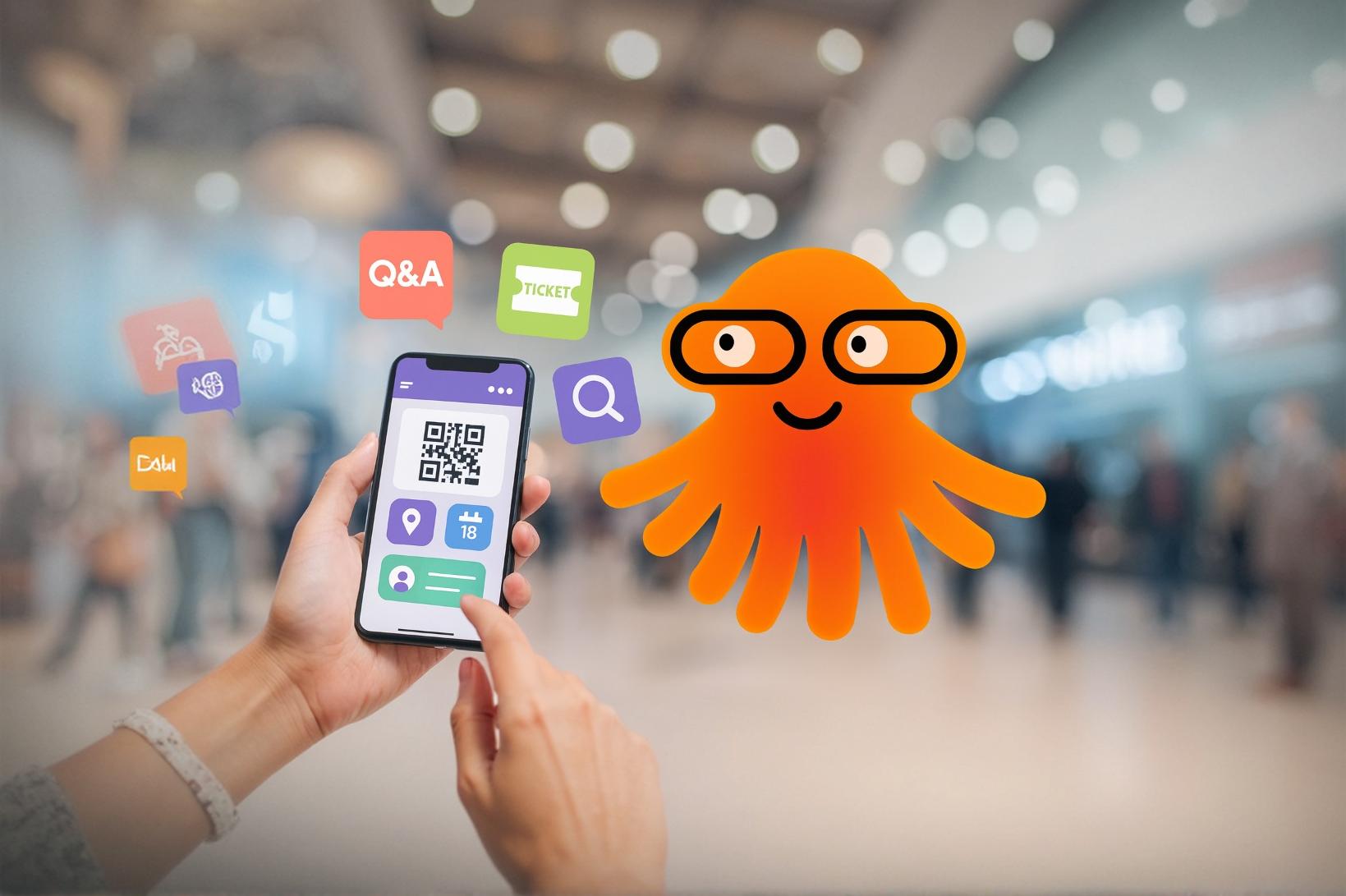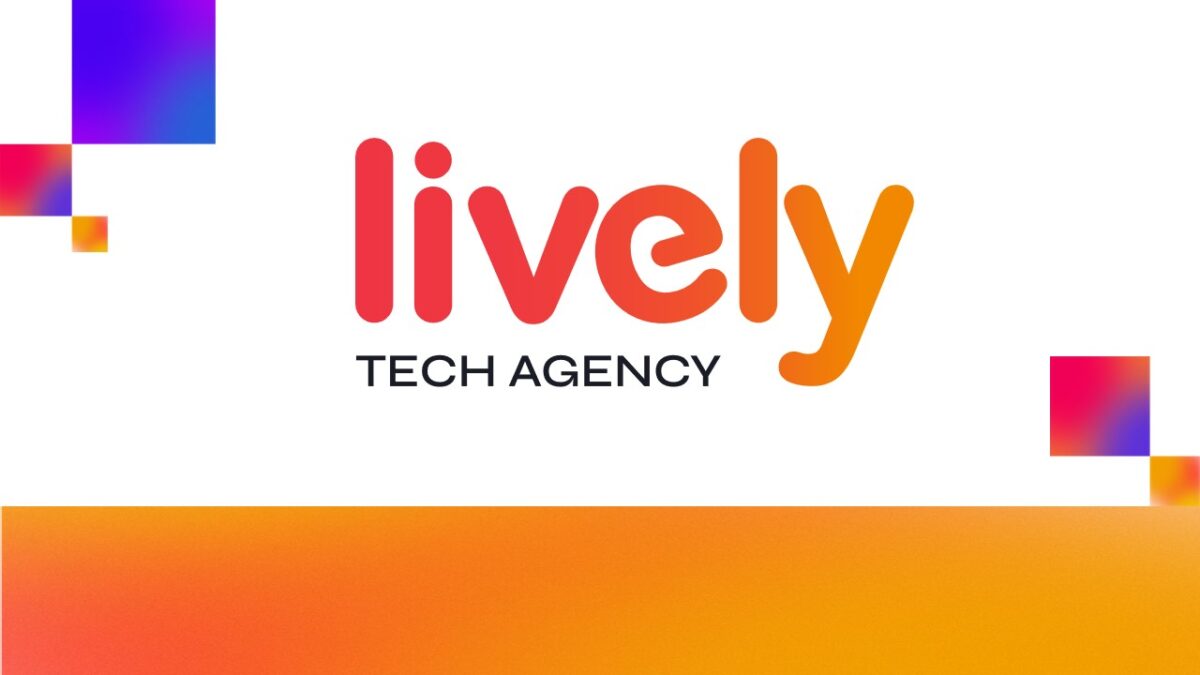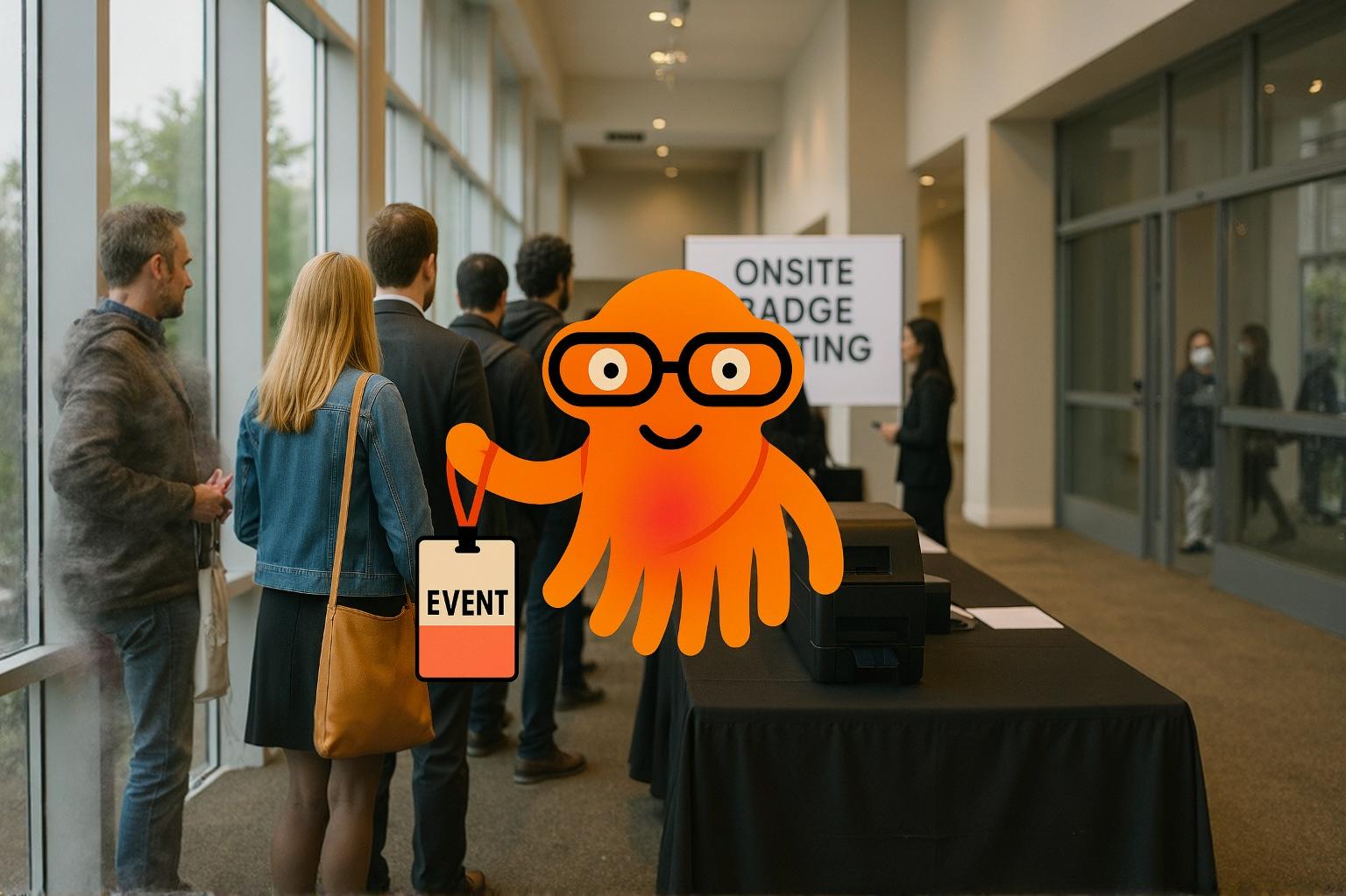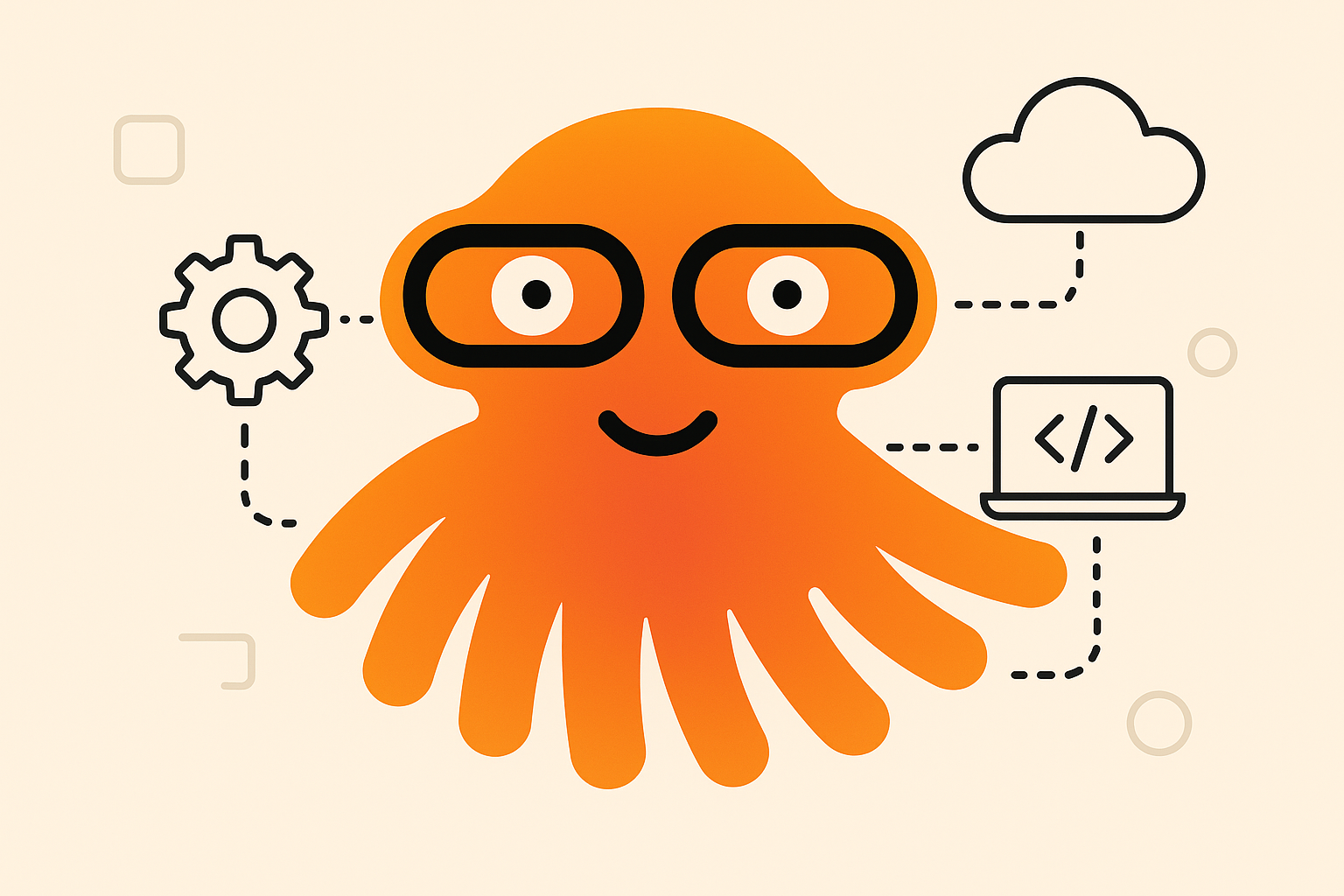Everything you need to know about event apps
.png)
In a world where more than 93% of the Dutch use a smartphone, mobile event apps have become an important part of events. Whether it's a trade fair, conference or company meeting, an event app that has carefully considered relevance usually adds value to your event.
The success of an event app depends on how well it matches the type of event and the specific needs of the participants. In this blog, we'll discuss how to choose the right features, which tools are essential for each type of event, and why simplicity is often the strength of a good app.
What can you expect in this blog?
- Why an event app?
- The benefits of mobile event apps
- The right features by type of event
- What makes an event app successful?
- Challenges and considerations
- Conclusion
An event app is much more than a digital replacement for a paper program booklet. It offers organisers and participants a handy tool that brings convenience, personalization and up-to-date information together in one central place. Thanks to a personal profile, participants can create their own agenda, use relevant networking opportunities and more easily discover the parts of the event that are most valuable to them.
At the same time, digital convenience ensures that everything participants need — from tickets and programs to practical information — is easily accessible via their smartphone. In addition to ease of use, an event app also offers sustainability benefits. Because there is less dependence on paper, such as program booklets and maps, organizers contribute to a more sustainable world.

Increase engagement
Don't just boost the experience during presentations with interactive tools like live polling and Q&A, but add a social activity feed and “stories” so visitors can share updates, comment, and post short visual moments — just like on Facebook and Instagram. This keeps you focused and claims more time to focus on the event.
Convenience for participants
Offer participants a smooth experience by centrally bundling all information. From the program and the map to speakers and practical details — everything is organized and immediately accessible.
Networking opportunities
For many participants, events are not only an opportunity to learn, but also to network. Opportunities are often missed at events, because people mainly talk to acquaintances and are too dependent on casual encounters, while the strength of physical events lies in making new connections. You do this with matchmaking tools and various ways to plan meetings in advance.

Real-time updates
In the dynamic world of events, something unexpected can always happen, such as a late speaker or a change in the program. With mobile event apps, organizers can immediately inform their participants about changes. Push notifications ensure that important updates are never missed.
Data analysis
Data collected via the event app provides valuable insights into participant behavior and event performance. For example, organizers can immediately see how many participants have checked in per session. This data can also be analyzed to identify trends, such as the most popular sessions or peak times in participant activity, helping organisers plan future events.
Sustainability
By using mobile event apps, the dependence on paper can be reduced. Printed programs, catalogues, and plans are no longer necessary when everything is available digitally. This contributes to the sustainability of an event, something that is becoming increasingly important in a world where environmental awareness is growing.
.png)
The strength of an event app lies in the relevance of the functions. What you need depends on the type of event. Below is an overview of the most valuable functions by type of event, in addition to, of course, basic information such as program & practical information.
Fairs
Interactive floor plan
Visitors can easily view the map and find the exhibitors and their stands directly. Thanks to filters, visitors can search by category, name, or even location, so they can quickly find relevant exhibitors.
Lead scanning
For exhibitors to collect contact information from potential customers.

Networking opportunities
The exchange can provide matchmaking tools that increase the chances of making valuable business contacts. The tools match visitors with exhibitors or other participants based on interests, company profiles, or common goals.
Exhibitor catalog
Visitors can explore all exhibitors via a digital catalog, including detailed information about products, services and contacts.
Push Notifications
Through push notifications, visitors can be informed about important events, such as the start of a keynote, product launches, special offers, or changed stand times. This ensures that visitors don't miss important moments.

Conferences and Conferences
Personalized agenda
Attendees can create their own agenda by selecting sessions that are relevant to their interests. This provides them with a clear overview of the day, with notifications for sessions that start or change. By providing an overview of speakers, topics, and times, attendees can create a customized experience without getting lost in a busy schedule.
Session registration
Organizers can track how many people attended each session. This provides valuable data about the popularity of certain topics and can help them evaluate the event. The data can also help plan future events or improve content and format.
Networking opportunities
The exchange can provide matchmaking tools that increase the chances of making valuable business contacts. The tools match visitors with exhibitors or other participants based on interests, company profiles, or common goals.
Live interaction
During presentations, participants can ask questions (Q&As) and participate in polls or surveys in real-time, which promotes interactivity and increases a sense of engagement. By using live polls, organizers can also directly measure the opinions or preferences of the audience.
Real-time updates
When changes occur in the program, such as extended sessions or last-minute cancellations, participants receive an immediate notification via the app or platform.

Corporate Events
Personalized agenda
Attendees can create their own agenda by selecting sessions that are relevant to their interests, or a fully personalized program has been set up. This provides them with a clear overview of the day, with notifications for sessions that start or change. By providing an overview of speakers, topics, and times, attendees can create a customized experience without getting lost in a busy schedule.
Social features
Corporate events can add a social component by providing chat groups and social walls for employees or other participants. This facilitates networking and strengthens mutual communication.

Program and speaker information
In a clearly structured overview, participants can quickly find all information about the speakers, the program and the most important activities. This overview is often dynamic, so it is always up to date.
Gamification
Adding gamification, such as quizzes, challenges, or prizes for best performances, can make the event more fun. This ensures that participants become more actively involved in the content of the event and offers partners an extra sponsorship opportunity.

While many event apps offer a wide range of features, the success of an app lies in simplicity and usability. People often only use an app for a short time, so it's important that the features add value immediately and are easy to use.
A successful app has a clear goal and does not simply copy the content of the website. It's important to focus on what participants need during the event itself. In addition, promotion is very important. Don't just mention the benefits, but especially what participants miss when they don't use the app! It's all about FOMO with events.;) Finally, a smart trick is to place the ticket in the app, or exclusive content & features that you would otherwise miss.
While event apps offer many benefits, there are also some challenges and considerations to keep in mind.
Technological accessibility
Not all participants are equally technical or have access to smartphones. Downloading an app or logging in can remain a barrier. Organizers must therefore ensure that alternative options are available for those who are unable to use the app. For example, this could be a paper program or an information desk at the event itself.
Costs
Developing or purchasing an event app can vary in costs, depending on the extent of the functionalities, the licensing model—such as per event, per active user, or per registration—the level of branding, and the level of service. Nowadays, almost all event apps are ready-to-use, which can reduce initial costs. However, setting up and promoting these apps can still involve additional costs. It's important to weigh these costs against the app's expected benefits for smaller events with limited budgets.
security
With the increase in data collection via mobile apps comes the responsibility to protect this data. Organizers must ensure that they comply with applicable privacy laws and take security measures to protect participants' information.

Mobile event apps remain essential to ensure that participants get the most out of an event. They provide organizers and attendees with a powerful, interactive, and convenient way to plan and attend events. While there are some challenges, such as costs and accessibility, the benefits of mobile event apps are often outweigh. As technology continues to evolve, these apps will only become more important for hosting modern events. Organizers who want to stay ahead have no way around it: a well-thought-out event app is the key to success.
Curious about what we can do for you? We are happy to help!





.png)



.png)





%20(1).png)

.png)














